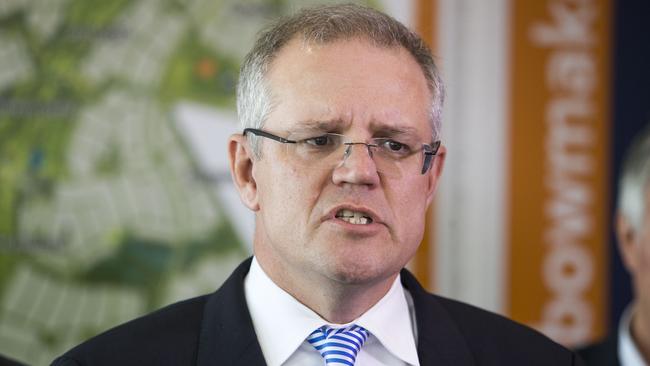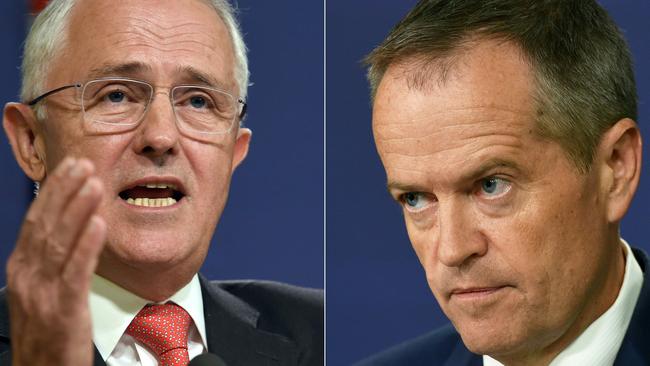What the 2016 Budget means for you
THE hardest hit in the Federal Budget are lower-income parents with teen children. But childless people on above-average incomes will come out on top.
Budget 2016
Don't miss out on the headlines from Budget 2016. Followed categories will be added to My News.
THE winners in the Budget are workers on above-average incomes who don’t have children and families with household earnings of $125,000, exclusive modelling for News Corp Australia reveals.
THE BUDGET: YOUR FIVE-MINUTE GUIDE
WHAT SCOTT MORRISON’S BUDGET SAYS ABOUT THE GOVERNMENT
The quarter of workers who earn more than $87,000 are set to get at least $315 a year in relief from July, because $7000 of their earnings will be taxed at 32.5 per cent instead of 37 per cent. Those bringing in more than $180,000 will get a further reduction in the tax they pay above this level when the two per cent budget repair levy goes in 2017.
Those hardest hit are lower-income parents with teen children, although all those receiving Family Tax Benefit (FTB) payments lose out as the Government bids to make its welfare assistance “sustainable”.
Treasurer Scott Morrison expects to spend $1.5 billion less next financial year on FTB and save a further $860 million the year after. Those affected are households with income under $125,000.
Here you can use independent analysis by PwC economist and former Treasury boffin Jeremy Thorpe to see how the Budget affects you. First, find the household type closest to yours then pick the total income nearest to your household’s.
The tables cover changes including those to FTB parts A and B, the attack on income tax “bracket creep” and the removal of the “temporary budget repair levy”.
The figures are annual comparisons between the status quo and how you will be treated if all the Government’s plans become reality.
Some of those plans — such as the tax relief for those on more than $80,000 and the FTB welfare cuts — are conditional on Malcolm Turnbull winning the election. Even then, most moves would need to pass what is still likely to be a hostile Senate.
The entirely new Upper House may reject or scale back the proposed deep cuts to Family Tax Benefit A and B that were unveiled in November 2015 but have since failed to attract enough support in the Senate to become law.



